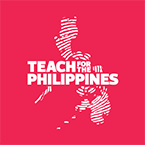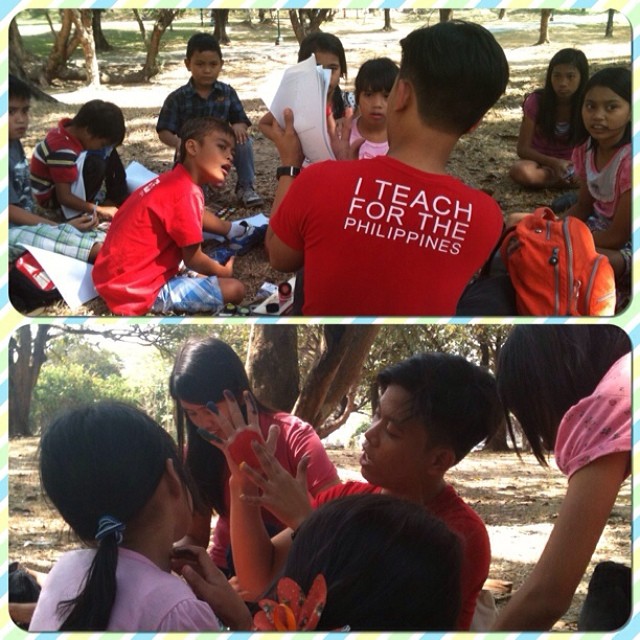Recently, one of my students sent me a message and asked me “What did you learn for the past two years?”
Of course he was referring to my career as a public school teacher in the Philippines. He was one of my students in a premier secondary school where I taught Literary Criticism. Having no initial answer to his first question, he sent me another one – “What did you learn when you left us?”
The context of our conversation was, I resigned from my work as a teacher in a well-established high school where intelligent students study (most of them economically well-off) and applied for a job as a public school teacher through Teach for the Philippines.
I learned that education in this nation is necessarily painful.
The literary pieces I taught in high school served as a springboard for them to inquire on morality and society; on the capitalist and the communist; on death and life. They were concepts back then. Teaching in a public school, the stories in books became stories in life.
As a public school teacher, I experienced the realities of poverty, and how challenged teachers are in battling against child labor.
I remember that day when one of my students, having failed third grade, told me that he will stop studying because he needs to work for his family. As a 17 year old young man, he took the responsibility of being the bread winner – and so it was a choice between going to school or going to work. Arrangements were made – of going to school earlier so he could still accomplish both – but the daily grind of accomplishing both tasks was grueling.
It was absenteeism. It was moral dilemma. But to be a public school teacher, you would understand that sometimes, you can only do so much. Back then, I used to believe there were only two sides – the black being the student will fail if he does not go to school; the white being the student will pass if he accomplishes all academic requirements.
I learned how to value reasons behind behavioral challenges because of the conditions they were facing. That I can’t just give a failing mark to a kid who wasn’t able to answer her exam – because I understood how she needed to take care of her five siblings before going to school. That I can’t just reprimand a kid for not having submitted his assignment because his parents separated the night before.
I was pushed to the core as to how I can battle with hunger and sickness – how every factor affects education so much – and that our teachers need more support in educating our society to be more conscious towards the issue of poverty.
As a teacher, I got so frustrated with the problems I needed to solve – and that no matter how hard I spend my own money just so they could all eat during recess, it just doesn’t solve the root cause of hunger. I got so frustrated with “changing the world” because the problem was overwhelming that teaching alone can’t solve it. I understood that the only thing I can do is to teach and inspire; but then, how can I keep my kids inside the school if some of them, because of the circumstances they live in, decide to go out?
There are no definite meanings to goodness and evil – everything can be understood based on contexts. It is all about taking those risks that make education worth it – with all the failures and the successes that surface at the aftermath. After all, trying is better than giving up…
I learned…we can properly function better as a nation if our leaders lead us while giving considerations to our questions; and whether we as normal citizens take charge and become leaders on our own, able to help others help themselves as we progress individually.
We must recognize that students from public schools are not “those” kids, but “our” kids. We can only help them to start reaching higher once we speak their language and let them know that we fully support them.
Tomorrow, I will graduate from the fellowship. It will be years again before I teach while I venture on new paths towards education equity. But this fruitful and liberating; humbling and rich experience I had with the public school system was the most beautiful experience I ever had.
I hope more Filipino graduates would serve this nation and teach.
Last March, Teacher Carlo graduated from the Teach for the Philippines Fellowship along with the 48 other members of the 2013 Cohort. The above excerpt first appeared on Teacher Carlo’s blog. Reposted here with his permission.

